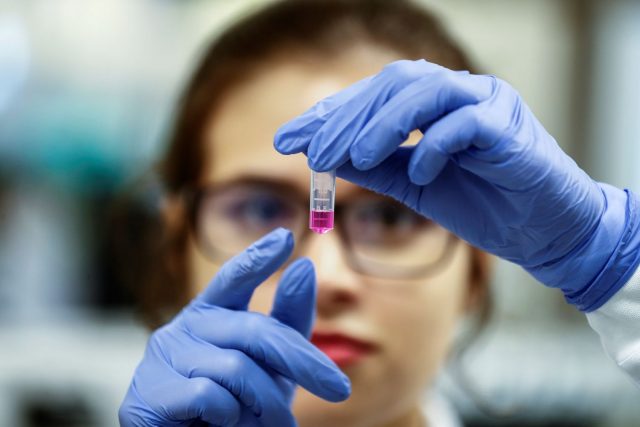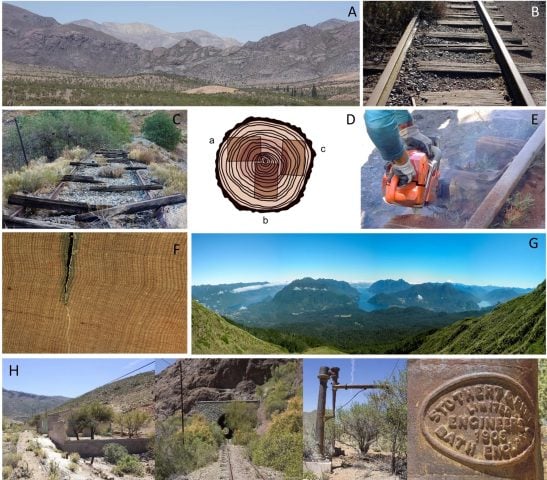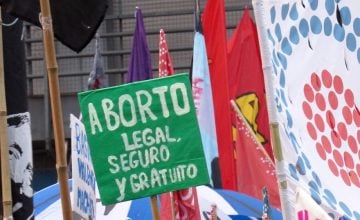There have been various scientific advances made in Latin America amid the strong onslaught of the COVID-19 pandemic. The disease continues to hit the entire region hard, wreaking havoc in some countries more than others.
Hundreds of millions of people keep strict confinement measures to avoid being victims and thus not spreading the virus. While that happens, scientists of different nationalities are active, researching and creating tools to defeat the pandemic. Although the number one goal is to get a vaccine, there are also other avenues that are useful in this battle.
In Latin America and the Caribbean, the scientific community remains at the forefront looking for solutions that allow turning the page on COVID-19. The objective is to achieve advances that help to return to the daily normality that was lived before the pandemic.
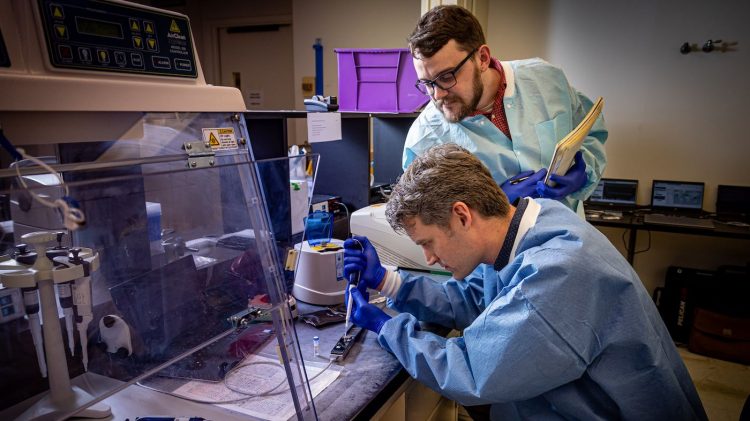
The very high levels of contagion of this disease made clear the importance of scientific research. Today, more than ever, it is necessary to contain the spread of a virus that has put humanity at risk. The world is affected by the health crisis and the economic contractions caused by the paralysis of the vast majority of productive activities.
For this reason, scientists have on their shoulders the hope of finding a solution, and they are working against the clock. Every day they look for tools to prevent infections, contain and care for the sick, eliminate the virus or improve the quality of life in times of social distancing.
This November 10, the United Nations (UN) celebrated the World Day of Science for Peace and Development. In that sense, several ideas and inventions developed in Latin America to help stop the spread of the coronavirus stand out.

Latin America shows its progress
Venezuela is the victim of a total blockade by the United States and the European Union. However, it was one of the first countries in the region to show progress in containing COVID-19. The invention was reusable biosecurity suits.
A report published on the Frontera Viva website highlights that a group of young people created reusable biosecurity suits. Its purpose was to donate them to the neighboring hospitals of the city of Canaguá, Mérida state, in the northwest of the country.
The idea came from John Marino García (23), a young civil engineering student. In the development process he received the support of other collaborators, including a seamstress guide.
The project became a reality with resources received through donations from Venezuelans abroad. Thanks to this, they were able to create the suits, with a non-porous waterproof material called igloo taffeta.
One of the main innovations of these suits is that they are reusable. While a biosecurity suit, which can only be used once, costs approximately $ 32; these Venezuelans cost $ 30 a unit.

Peru developed a natural disinfectant
In Peru, students Omar Montalvo and Vicente Hands, from the Professional School of Environmental Engineering of the Andean University of Cusco, devised a natural disinfectant based on eucalyptus, a plant that is abundant in the region.
The purpose of the project was to replace the classic disinfectants, made with sodium hypochlorite (chlorine). They explain that when chlorine is used, it can often harm and cause skin irritation.
The ecological disinfectant managed to break the greasy barrier of COVID-19 and remove it from surfaces. This was explained by the engineer Dante Vargas, the students’ tutor, interviewed by Peru 21.
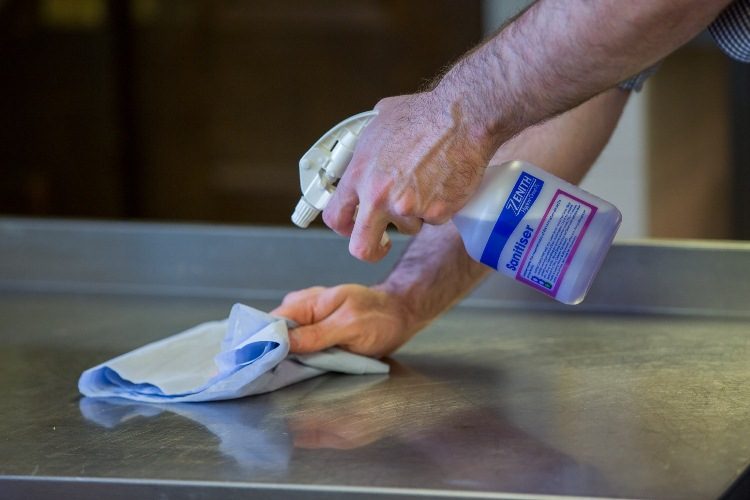
The Peruvian Chemical Disinfection Chamber
Another scientific advance in Latin America is the chemical disinfection chamber. This was also created in Peru, specifically in the Ayacucho region, in the southwest of the country.
The authors were a student and a teacher from the School of Physical Mathematical Sciences of the San Cristóbal de Huamanga University. Together, they built a chemical disinfection room that works with micro-sprinklers that eliminate the possible droplets that transmit COVID-19.
The machine was created with inexpensive and accessible materials. In addition, it can be installed in places with a high risk of contamination, such as hospitals, markets, study centers, among others.
They used a hydraulic system that mixes chemical sanitizing agents in a six-valve air compressor. The latter emits a spray that disinfects the surfaces of the place where it is installed, according to the Trome newspaper.
:quality(75)/arc-anglerfish-arc2-prod-elcomercio.s3.amazonaws.com/public/GNSNWZCUIBANVDHY2OSN5OL5KA.jpg)
Uruguay provided a new test
A group of 46 scientists from the Faculties of Chemistry, Sciences and Medicine of the University of the Republic together with the Pasteur Institute of Uruguay, developed a serological test for COVID-19. This test allows identifying people who have already had the disease.
The applied technique is called Elisa. It uses serum from the patient’s blood, a protein from the SARS-CoV-2 virus, and a compound that reveals the presence of antibodies.
The cells of the infected body then attack the virus with antibodies. If the test shows that the person retains these antibodies, it means that they have already had the disease.
The project was financed by the National Agency for Research and Innovation, the Ministry of Public Health, the Inter-American Development Bank and the Mercosur Convergence Fund. Resources were raised to produce a total of 200,000 kits.
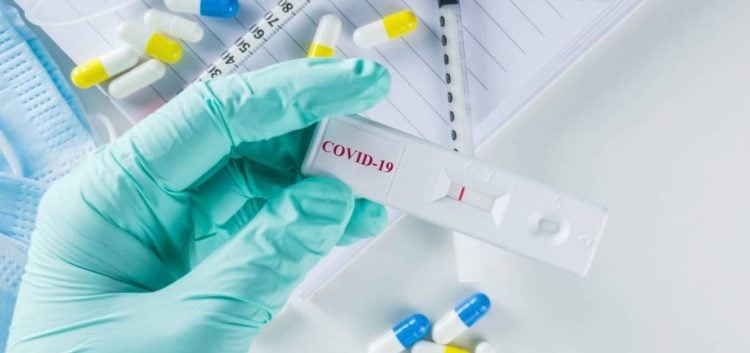
Argentina developed a rapid test
In Argentina, a test was created that allows detecting cases of active coronavirus in 60 minutes. Scientists dubbed it a «rapid COVID-19 test».
The prototype was the work of scientists from the Argentine firm Caspr Biotech. It is a portable kit for easy use, with a shape similar to that of a pregnancy test. It is used to detect the presence of the coronavirus through a sample of saliva or sputum.
The project was supported by the Inter-American Development Bank. The entity approved its financing for a value of 150,000 dollars.
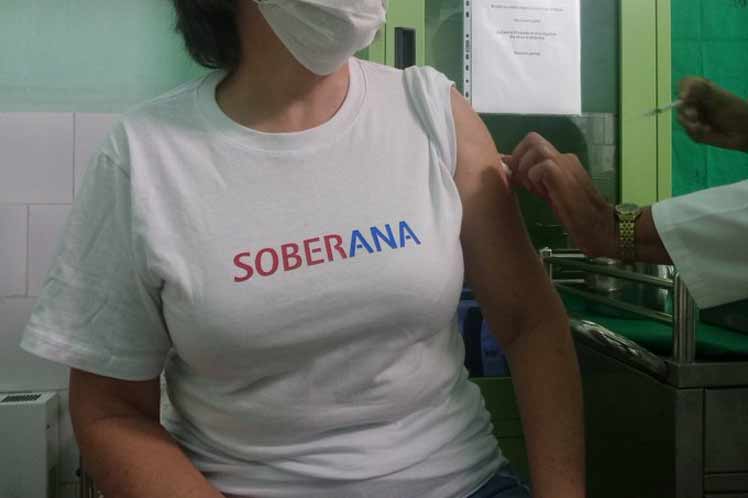
Cuba has four vaccine projects
Cuba’s science and biotechnology are among the most advanced in the American continent. Therefore, the Caribbean country is in a privileged position to develop an effective vaccine made in Latin America.
Cuba has extensive experience in developing vaccines for other diseases. Thanks to this, in the fight against COVID-19 they have four types of medications in place.
The newspaper Granma reported that the business group BioCubaFarma, headed by Eduardo Martínez Díaz, has four candidates. Of these, there are two that are the most developed: Sovereign 01 and Sovereign 02.
In this regard, Dr. Vicente Vérez Bencomo, general director of the Finlay Vaccine Institute, declared: «The way was to diversify the alternatives to be able to overcome this challenge efficiently and clearly».
Both vaccines use the same antigen, produced by the CHO cell through biotechnology, with the intention of producing antibodies. “We aspire to achieve, with a dose of one of the formulations of Sovereign 01, to raise the defenses of asymptomatic people. This way we can prevent them from having a relapse”, commented the doctor.
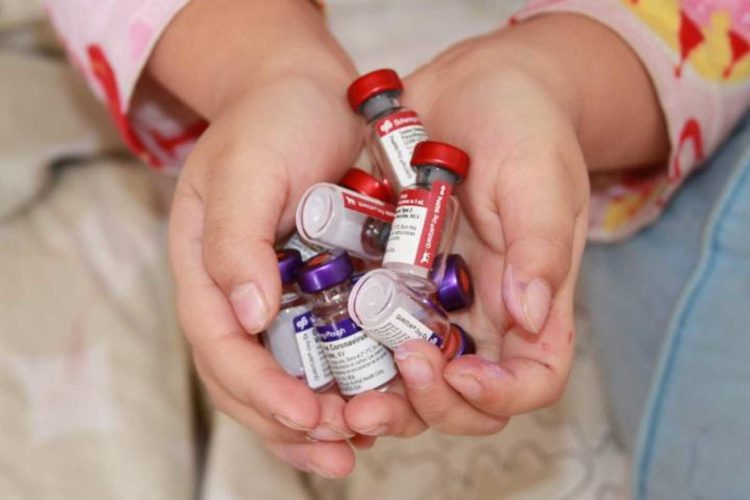
Sovereign 1 and Sovereign 2 vaccines
On Sovereign 01, he explained that its security «is very high» and does not have significant side effects. Meanwhile, Soberana 02 combines the virus antigen and tetanus toxoid. From the latter, it was determined that one of its formulations elicits a powerful immune response.
The other Cuban candidates against the coronavirus are «Mambisa» and «Abdala». The Center for Genetic Engineering and Biotechnology (CIGB) delivered a few days ago the documentation to request its registration with the Center for State Control of Medicines, Medical Equipment and Devices. After that step, they will be able to enter the clinical development phase.
Regarding Mambisa (CIGB 669), it is known to be administered intranasally. “In studies carried out in primates, we discovered that this candidate has the ability to generate antibodies. Furthermore, it meets the rest of the proposed objectives”, explained Eulogio Pimentel Vázquez, director of the CIGB.
On the other hand, Abdala is administered intramuscularly. Clinical trials are pending to evaluate its efficacy. It is the fourth alternative designed by Cuba.
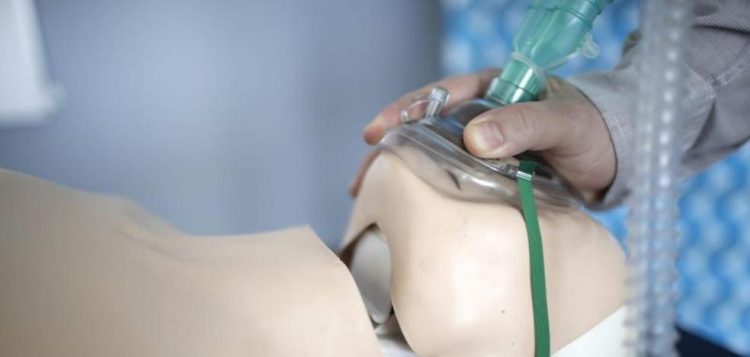
Artificial respirators in Latin America
The high price and limited quantity of artificial respirators in the region led scientists to make their own machines in each country.
That’s what teams from Argentina, Ecuador, Mexico and Colombia, among others, did. While in countries like Bolivia – with Jeanine Áñez – a scandalous case of corruption was presented: The de facto government used the importation of respirators bought at a premium for its illicit enrichment.
Only until the end of May, the governments of Latin America invested at least 320 million dollars in the development and construction of these devices. This is calculated in 129 public procurement contracts from countries in the region analyzed by the Centinela COVID-19 cross-border journalistic alliance.
Artificial respirators are essential equipment to save the lives of COVID-19 patients who reach the critical phase of the disease.
Without these devices, the vast majority of people who are practically unable to breathe on their own would die within hours.
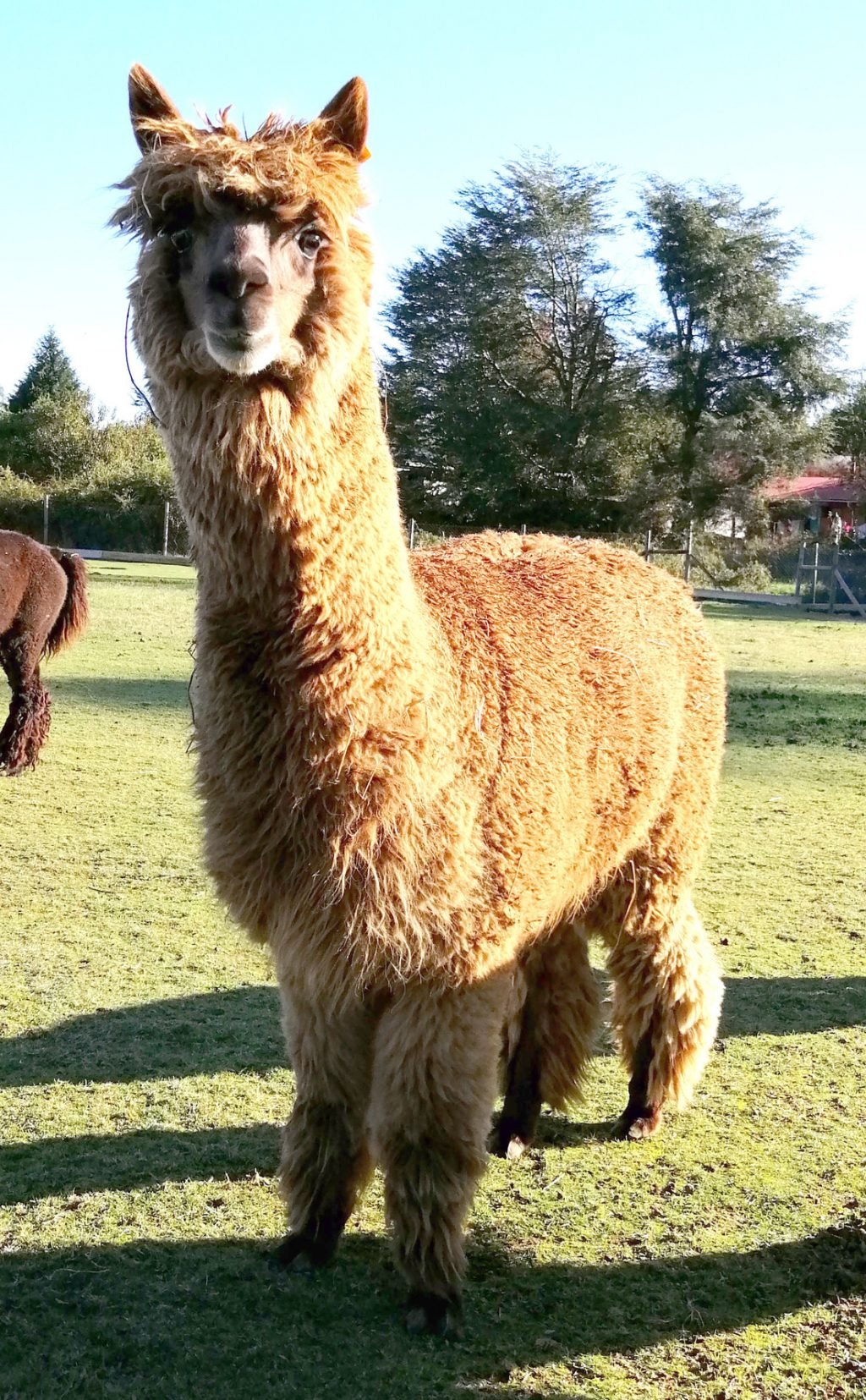
The Chilean alpaca and the ‘super antibody’
Scientists from the Medical Biotechnology Laboratory of the Austral University of Chile, after months of arduous research, came up with a powerful “super-antibody” created by the alpaca. This is capable of neutralizing the new coronavirus, which causes the COVID-19 disease.
The scientists determined that the ruminant mammal – similar to the llama – is capable of generating a «super antibody» W25. It can «completely neutralize» the coronavirus, even in its most infectious variants.
The academics obtained the finding under the coordination of Dr. Alejandro Rojas. After «intense months of work», they found a cure provided by the mammal known for its wool, its meat and its habit of spitting as a defense method.
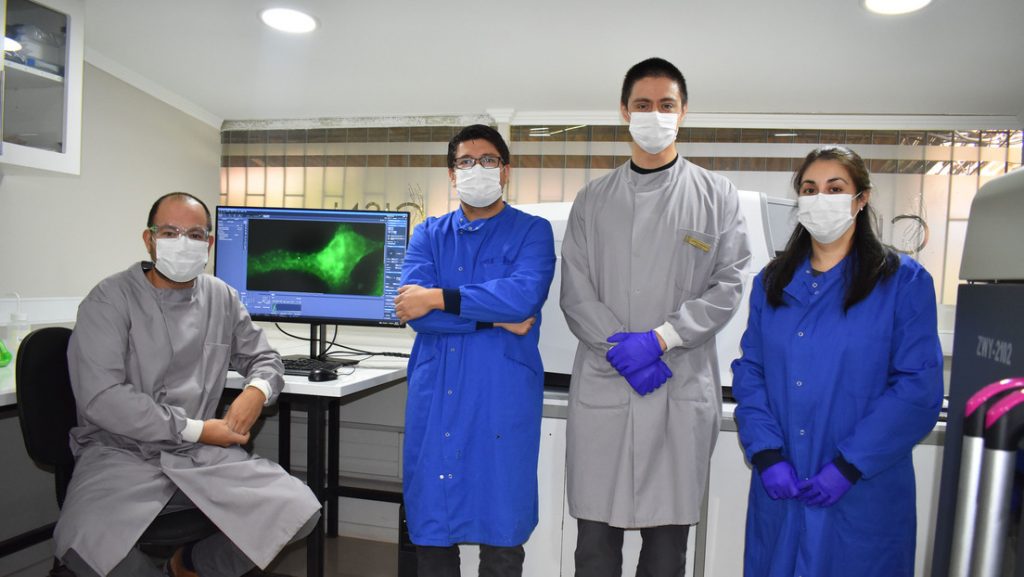
The scientists turned to advanced molecular biology tools to obtain this result published on the scientific portal Biorxiv.
The objective is to develop a treatment for Latin America -in principle- that can be used in the form of a nasal inhaler, to directly block the replication of the virus in the respiratory tract. The latter causes the virus to hit COVID-19 patients harder.
The animal, that was part of the scientific breakthrough, is an alpaca called «Buddha,» which developed the antibodies for the laboratory team to extract from its immune system.
